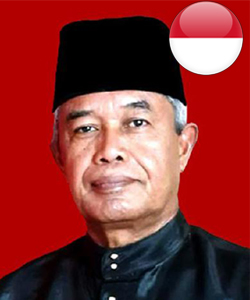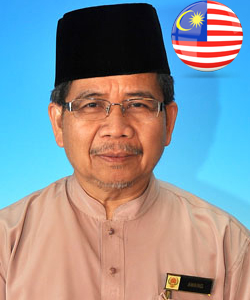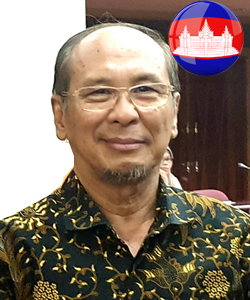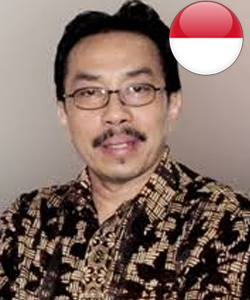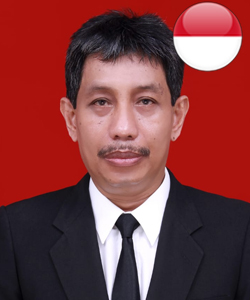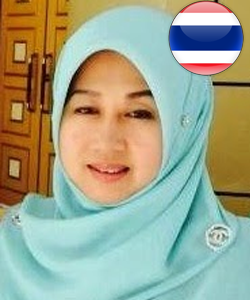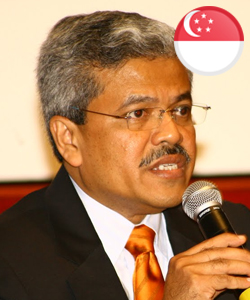Globalization accompanied by increasingly sophisticated technological developments is no longer stoppable, now the world has entered into the era of revolution 4.0, namely era of the digital economy, artificial intelligence, big data, robotics, etc. or known as the phenomenon of disruptive innovation. Facing these challenges, Higher Education is required to make changes including in producing qualified teachers for the future.
Over time, the challenges and obstacles of Education, Culture, and Literature also developed and changed, especially in the disruption era. In culture, there are many new things that are developing and changing in human culture every day and must be accepted. Culture is complex, broad and abstract. Culture is not limited to art, but culture is a comprehensive lifestyle. Culture has many aspects that also determine communicative behavior. Some people can experience difficulties when communicating with others from other cultures. The culture of one community with another community can be different, so everyone must be able to adjust these differences. Culture has an influence on the cognitive level which includes ideas, thoughts, and religion in the humans’ minds, so the culture is abstract in everyday life. The formation of culture is caused by several elements including language, customs, religious systems, politics, tools, clothing, artworks, etc. A language is a form of culture that is used to communicate, both in verbal and movement. Culture has roles:
- A Tool for expression, communication, and carrying out social integration and adaptation
- A tool for establishing every day relationships and exploiting science and technology.
Language not only has a relationship with culture but also with literature. Language has a very important role in literature in realizing the ideas/thoughts/desires of its authors. Furthermore, language is able to determine the color of a literary work.
Indonesian is currently being considered by the world as a country that is significantly playing a role in international affairs. At present, there are 174 centers for Indonesian learning spread in 45 countries, including Japan with 38 places of learning, and Australia with 36 places of learning. This proves that the interest of other nations in learning Indonesian is very high. The higher interest in learning Indonesian from other countries means that more people recognize the identity of Indonesian. In order to realize the golden generation in 2045, Indonesian is expected to become an international language that is coupled with six international languages at the United Nations (UN) forum).
Cultural changes due to the penetration of science and technology to meet human needs are the impact of the Industrial revolution. In the current digitalization era, there has been a fundamental change in the evolution of technology that targets all human life. The discovery of the internet in the early 90s was a turning point in world history and had an extraordinary impact, resulting in the 4th industrial revolution. Germany as a country that globalizes the term industry 4.0 indirectly changes the face of the industrial world. Based on Wikipedia, industry 4.0 is the name of the latest automation and data exchange trends in technology, which includes physical cyber systems, the internet for everything, cloud computers, and cognitive computing.
A culture that is dynamic and continues to develop precisely requires supporting technology such as digital archive storage. Public awareness, the role of universities and the government are needed in the recording and archiving of the local culture. The digitalization of cultural assets is one way to protect Indonesia’s diverse cultural heritage for the next generation.
The International Conference on Culture, Language and Literature in the Disruption era is held by Muhamamdiyah University of North Sumatra (UMSU) and Sultan Idris Education University (UPSI) of Perak Malaysia with the theme “Development of Language, Culture and Literature Education in the perspective of Community Learning in the Disruption era”.


